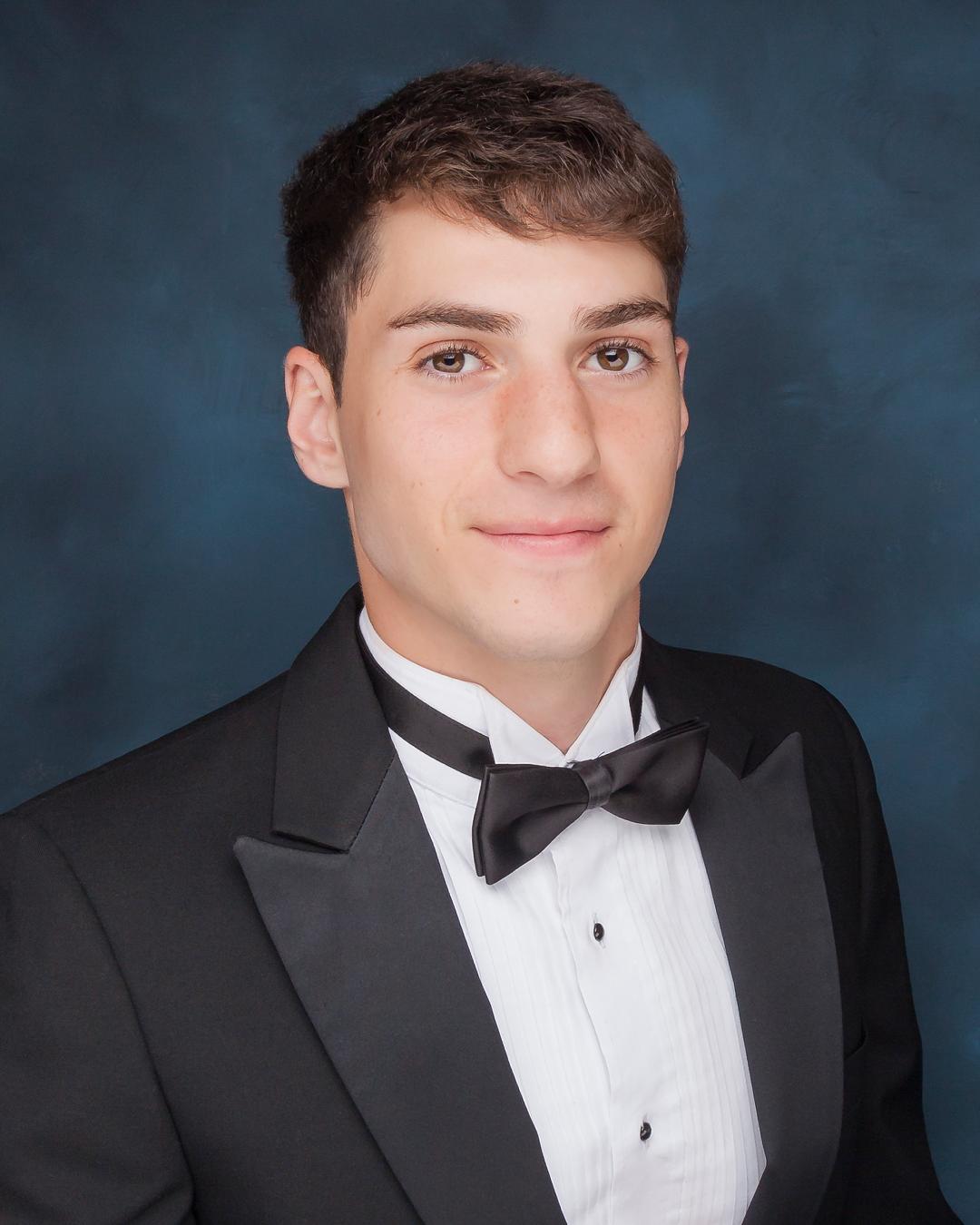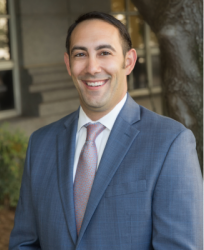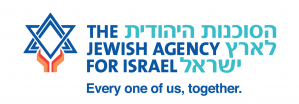Sensing that their freshmen year in college wouldn’t be the norm because of COVID-19, students opt for Israel instead.
For years, many Atlanta Jewish high school seniors decided to delay their freshmen college year to spend a year in Israel instead, either studying or volunteering in an organized program. For Orthodox youth, it has traditionally been a rite of passage. This year, the coronavirus pandemic seems to be driving increased interest for young people to apply to gap year programs, according to research and those interviewed for this story.
The uncertainty of whether college campuses will even open in the fall has caused many recent high school graduates to question their higher education plans.
“I wanted a normal freshman year,” said Madison Oberkfell, a 2020 graduate of The Weber School who lives in Sandy Springs and planned to attend the University of Texas at Austin this fall. “With everything that is happening with coronavirus, it seemed the perfect opportunity” to participate in a gap year program. She chose Young Judaea Year Course in Israel.
“At first, my family was shocked I was considering this because I had been so excited about attending the University of Texas,” Oberkfell said. But she was hearing that many schools planning to open would not assign roommates, and that sorority and fraternity rushes would be online, which popped the balloon of her enthusiasm.“I had to write a letter to the university to ask for deferment. Now I’m going to be the class of 2025,” she said.
Oberkfell is not alone. She will be joined in the Young Judaea Year Course by longtime Camp Ramah Darom camper Josh Vlessing of Boca Raton, Fla., who was to be on staff this summer until it was canceled. Vlessing vacillated before deciding to postpone his freshman year at the University of Pennsylvania. “Since Philadelphia is a very urban area, I decided that the chance of having a normal freshman year is slim to none. The best-case scenario for classes and socializing, especially the freshman year, is not what I wanted,” he told the AJT.
Still, Vlessing debated about attending a gap year program until about January or February. “I decided against it until coronavirus came along. Then the more I looked at it, I felt like the virus was another incentive.” Many of his Ramah Darom friends have participated in Young Judaea. “I used that as my opening argument with my parents,” he added.

Attending a gap year program in Israel “will give me an additional year to help me decide what I want to study,” Josh Vlessing said.
Another popular gap-year program is the United Synagogue of Conservative Judaism’s Nativ program. Nativ has “definitely seen a growth in interest and applications over the past few weeks,” said Israel Director Yossi Garr. “We are still waiting to see how it pans out for the year. There is a lot of uncertainty in the college world in the United States and many of them have been sending unclear or mixed messages about their plans for the fall semester. The numbers are still very fluid for next year as things are changing daily in regard to colleges in the U.S. I don’t think we will have a clear picture until mid-July.”
Of course, some Atlanta youth were planning on attending gap year programs in Israel even before the outbreak of the pandemic. “I’ve been planning on going on a gap year since I was 7 years old,” said Hannah Feldstein, a 2020 Weber graduate who will participate in the Nativ program this coming year.
Feldstein chose that program partly because, like the Camp Ramah she attended, Nativ is part of the Conservative movement. “My counselors had done Nativ and they shared their experiences with me. It matches my Judaism and is exactly what I want to do.” Feldstein is particularly excited about spending her first semester in Jerusalem, studying while volunteering and living in a smaller town the second semester.
Feldstein won’t get credit for her studies at Hebrew University’s Rothberg International School in Jerusalem to use at Syracuse University, which she plans to attend after her year in Israel, but that wasn’t important to her.
She feels that because of the coronavirus, she would actually be safer in Israel than in the United States, and her parents agree. Indeed, the fact that she must quarantine herself for the first 14 days in Israel is actually a plus to her. “We will quarantine together, which will be a great bonding experience,” she said of her fellow Nativ students.
The biggest concern for Feldstein and Oberkfell is that the program would be canceled because of spiking viruses both in the U.S. and in Israel. They are both aware that the program still could be delayed.
But for Vlessing, another advantage of participating in a gap year program in Israel is that, “It will give me an additional year to help me decide what I want to study,” he said.

AJC Regional Director Dov Wilker said his participation in Young Judaea Year Course contributed to him working in the Jewish community.
Gap year programs are known to have longterm influence on their participants. Dov Wilker, regional director of the American Jewish Committee since 2011, said the “Young Judaea Year Course put me on my current path of working in the Jewish community, and for that, I am forever grateful.” Noting that his wife, two brothers and “hundreds of family and friends” have all completed gap years, Wilker said that the program “not only provided me with experiences of personal growth that I could not have received otherwise, it was a necessary break from academia. I made friends from around the world and learned more about Israel in that one year than I have in my entire life.”
Reprinted from the Atlanta Jewish News



